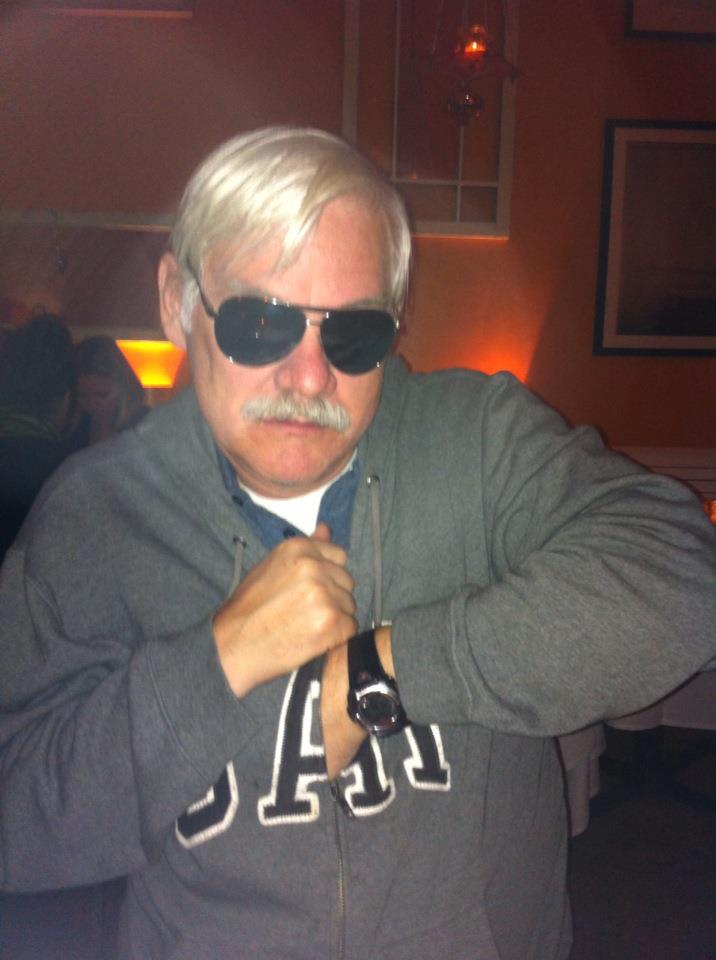Fidel Castro, My Life
A Spoken Autobiography
- Fidel Castro and Ignacio Ramonet
Chapter 6: History will absolve me.
After the Moncada attack failed, Fidel was forced to flee in the only possible area around, the Gran Piedra mountains. He retained but a small fraction of the group that had battled Batista's forces at the Moncada Barracks. Not only that, about half of them were either too exhausted or too injured to even attempt the climb and with the help of another escapee, were diverted to Santiago where they had a better chance of getting the medical attention they needed. Fidel even sent requests out to the various campesinos who lived along the way to help these wounded and see to it that they arrive safely to Santiago.
But this left only a dozen or so soldiers to continue the climb up the mountain, some 3,000 feet above sea level where they had started their journey. Batista's army was everywhere and eluding them became more and more difficult. After a few days of crawling carefully through the heavy brush, sleeping under the stars and carefully erasing their tracks, the group stumbled onto a small shed near a campesino's home. The temptation was too great and Fidel and two others from the group decided to make use of the only place around that could offer some form of creature comfort.
This small mistake almost cost them their lives. Four hours later the sound of hoof beats nearby was quickly followed by the smashing of the lean-tos door and before the three gained their senses, they found themselves on their stomach and handcuffed from behind. The intense fury and anger emanating from these soldiers showed just how much they wanted to extract revenge from the group that had earlier attacked Moncada. Fidel knew that if he were to divulge his real identity to them, they would not hesitate one second in turning him into a human version of Swiss cheese. But even giving them a false identity was no guarantee that the three would be spared.
Miraculously, however, a young lieutenant came into view and ordered them not to execute the new-found prisoners. For the next few minutes, Lieutenant Sarría kept repeating, "Don't shoot, don't shoot. You can't kill ideas." Within the span of only 24 hours, the brave lieutenant would save Fidel's life three times. Even after Fidel told him of his true identity, Lieutenant Sarría made sure that Fidel and his group would not fall prey to the more sinister elements of Batista's army. When the prisoners were loaded into the army truck to be taken to jail, Sarría insisted that Fidel be placed up front between the driver and himself. When Comandante Pérez Chaumont drove up in his car and demanded the prisoners be released into his custody, Comandante Pérez was known as one of the most ruthless leaders of the military, infamous for his torture techniques and his ability to leave no live witnesses. Lieutenant Sarría refused. "These are my prisoners," he repeated, knowing full well that he could easily be charged with insubordination and jailed as a result. Thus, Fidel was again saved from certain death at the hands of this ruthless comandante. The third time Lieutenant Sarría saved his life was when they were taken to the Vivac jail, a civilian jail run by police. Had they been taken to the military prison at Moncada, they would have certainly been killed within hours.
However, while Fidel and the rest of his group were desperately seeking to escape from the army, President Batista made a grave mistake of his own. He released a statement that Fidel Castro had been killed. Certainly if it weren't for the good hospices of Lieutenant Sarría, that story would have probably been prophetic, especially after his capture. But with the transfer of the insurgent group to the Vivac civilian jail, the prescient announcement soon became a source of embarrassment. Soon after their arrival, it was quickly announced that the had captured Fidel and his rebel group, a sensational story that spread to all newspapers. It was only realized afterwards that they had made a tremendous mistake and thus, had to pull all the newspapers declaring his capture from all the various organizations.
(Note: You can view every article as one long page if you sign up as an Advocate Member, or higher).






